Does my Tooth Need to be Extracted?
Taking care of our teeth is essential for a healthy smile. But how can you tell if a tooth needs to be extracted? In this blog post, we’ll unravel the mystery and explore the signs that may indicate the need for a tooth extraction. Let’s dive in!
Understanding Tooth Extraction: Tooth extraction is the removal of a tooth from its socket in the jawbone. It is typically done by a dentist or oral surgeon. While it may sound scary, it can sometimes be necessary to protect your oral health.
Signs that Indicate a Potential Extraction may be Necessary:
- Persistent Pain: If you experience ongoing tooth pain, it could be a sign that something is not right. A severe toothache that doesn’t go away even with pain relievers might indicate the need for extraction.
- Tooth Decay: Cavities and gum disease are common dental problems that, if left untreated, can lead to tooth extraction. Look for visible decay, dark spots on the tooth, or swollen and bleeding gums.
- Infection: An infected tooth can cause swelling, redness, and pus around the affected area. If you notice these signs, it’s crucial to seek dental care promptly, as an infection may require extraction.
- Overcrowding: Sometimes, our mouths don’t have enough space to accommodate all our teeth. In such cases, tooth extraction might be necessary to create enough room for proper alignment. Your dentist can evaluate your situation and determine if extraction is needed.
- Trauma or Injury: If you’ve experienced a severe injury or trauma to your tooth, extraction might be the best course of action. A tooth that is severely cracked or broken may not be salvageable and may need to be removed.
Consulting a Dental Professional: If you notice any of these signs or have concerns about a tooth, it’s essential to seek professional advice. A dentist or oral surgeon can assess your oral health, conduct X-rays or other diagnostic tests, and provide a personalized treatment plan.
Alternatives to Extraction: In some cases, tooth extraction can be avoided. Procedures like root canal therapy or dental crowns may help save a damaged tooth. Your dentist will explore these options and discuss the pros and cons with you.
The Tooth Extraction Process: If extraction is necessary, your dentist will guide you through the process. Before the extraction, you’ll receive anesthesia to ensure a painless experience. The dentist will carefully remove the tooth from its socket, and you’ll be given instructions for post-extraction care. Aftercare and Tooth Replacement Options: Following extraction, it’s crucial to take care of the extraction site. Your dentist will provide specific aftercare instructions, including proper oral hygiene practices and pain management techniques. If a tooth replacement is needed, options like dental implants, bridges, or dentures can be considered. Prevention and Oral Health Maintenance: Prevention is key to avoiding tooth extraction. Maintain good oral hygiene by brushing twice a day, flossing daily, and visiting your dentist regularly for check-ups and cleanings. These habits can help prevent dental issues that may lead to extraction.
Consider employee benefits or other insurance options.
If you’re still a little hazy on the details of dental insurance, here are some things to consider:
- Look into your employer’s benefits. Many companies offer dental discounts or even free cleanings as part of their employee packages.
- Consider your spouse’s insurance options. Many spouses have access to family-friendly plans that include dental coverage at a lower rate than if they were purchased separately by individuals on their own–and sometimes with better coverage than individual plans offer!
- Check out the options for your kids’ school district or daycare center (if applicable). Some schools offer discount programs for parents who want their kids’ teeth cleaned regularly–and those discounts may be transferable if there are gaps between terms!
Conclusion:
Recognizing the signs that indicate the need for a tooth extraction is vital for maintaining oral health. By staying attentive to any pain, decay, infection, overcrowding, or injury, and seeking professional dental advice, you can make informed decisions about your oral care. Remember, proactive dental care and regular check-ups are the keys to a healthy smile. Emergency Dentist Clinics is your trusted online directory to find emergency dentists nationwide. With their extensive network of dental professionals, you can quickly locate a reliable emergency dentist near you, no matter where you are in the country. Whether it’s a severe toothache, a knocked-out tooth, or any other dental emergency, Emergency Dentist Clinics is your go-to resource for finding immediate assistance. Don’t let a dental emergency catch you off guard – rely on Emergency Dentist Clinics to connect you with the right dental care when you need it the most.
Sources:

